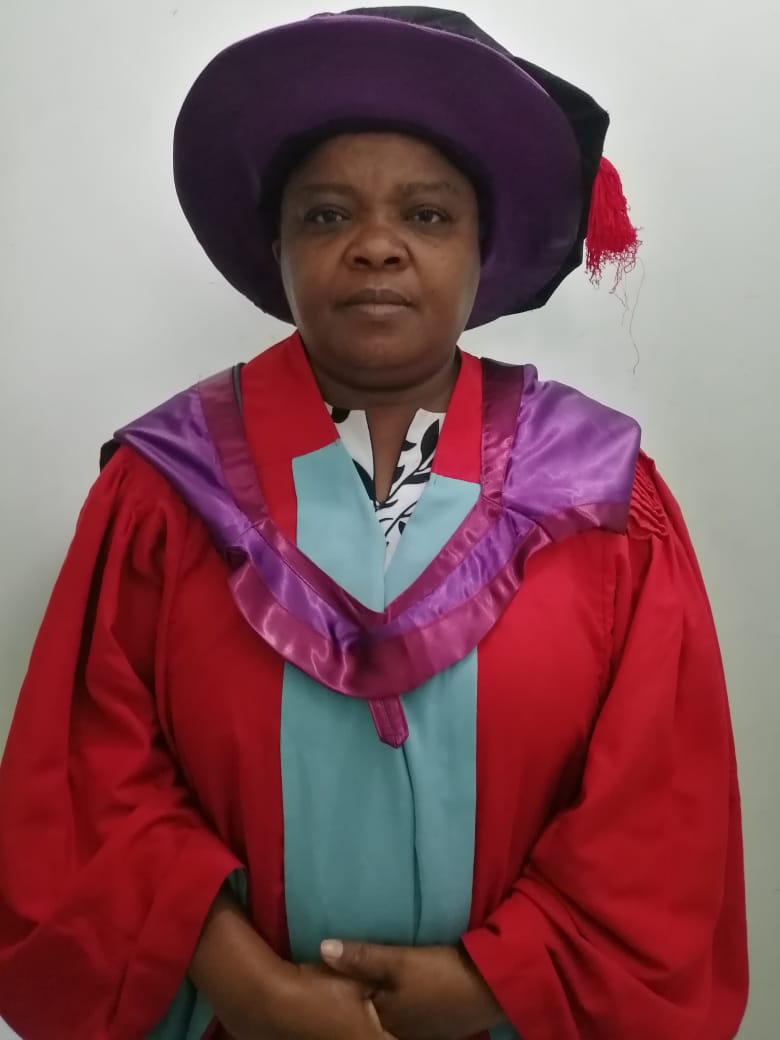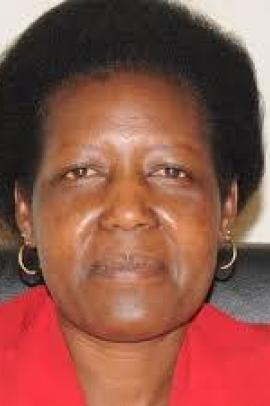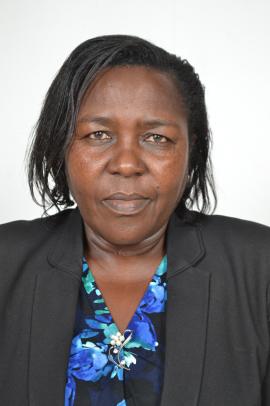Student Short Biography
Karimi Stella Silas is an educationist and a lecturer who believes that students should be the first priority. She has specialized in monitoring and evaluation, data analysis, research project writing, and project management issues. Has published many articles both in education and project planning management in monitoring and evaluation. Basically, she is an educationist who has enough experience in teaching and supervising students at different levels in both private and public universities.

Thesis Title
PARTICIPATORY MONITORING AND EVALUATION PROCESS, SCHOOL ENVIRONMENT AND PERFORMANCE OF LITERACY AND NUMERACY EDUCATIONAL PROGRAMME IN PUBLIC PRIMARY SCHOOLS IN NAIROBI COUNTY, KENYA.
Thesis Abstract
Kenya has a detailed way of selecting intervention educational projects even though there is still questionable performance of these projects due to low learner’s academic performance. Despite much efforts put by key stakeholders in education to improve learner’s outcomes little has been achieved .The purpose of the study is to establish the extent to which participatory Monitoring and Evaluation process, school environment influence the performance of L&N educational programme in public primary schools in Nairobi County, Kenya. The study was anchored on pragmatism paradigm. Descriptive research survey design and correlation research designs were used. A sample size of 335 from a target population of 2053. Questionnaire return rate was 86%. Questionnaires were used to collect data. Interviews guide were administered to Curriculum Support Officers and Research Triangle Officers. Data was analyzed and presented in tables, frequencies, arithmetic means, and standard deviation and overall composite mean was generated. Data analysis techniques, descriptive statistical and inferential statistics were used in the study. Regression analysis were performed at 5% level of significance. The null hypotheses were all rejected as per the following results: first hypothesis, R2 = 0.480, β= 0.497, t=16.061, p=0.000<0.05; second hypothesis, R2 = 0.456, β= 0.490, t=15.280, p=0.000<0.05; third hypothesis, R2 = 0.434, β= -0.137, t=14.689, p=0.000<0.05; fourth hypothesis, R2 = 0.288, β=0.408, t=10.616, p=0.000<0.05, fifth hypothesis, R2 = 0.337, β=0.445, t=11.917, p=0.000<0.05;sixth hypothesis, R2 = 0.568, F=71.453, p=0.000<0.05; finally, for the seventh hypothesis results for F-value showed that statistical significance at {F (6,269) = 43.481, p=0.000<0.05}. In conclusion the study established that improvement of literacy and numeracy skills wholly depends on involvement of all the stakeholders in education sector, well-structured polices, capacity building, implementing change and conducive school environment for better performance The study is significant to project management body of knowledge on policymakers, curriculum developers, projects implementers and monitoring and evaluation practices. There is need to improve supervision and implementation of educational intervention projects especially literacy and numeracy. The study recommends for other researchers to carry out the same study in other counties and private primary.
Research Supervisors
DR ANGELINE SABINA MULWA
&
PROF DOROTHY KYALO NDUNGE





